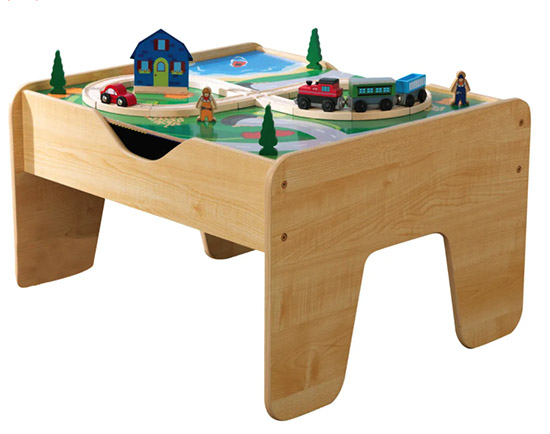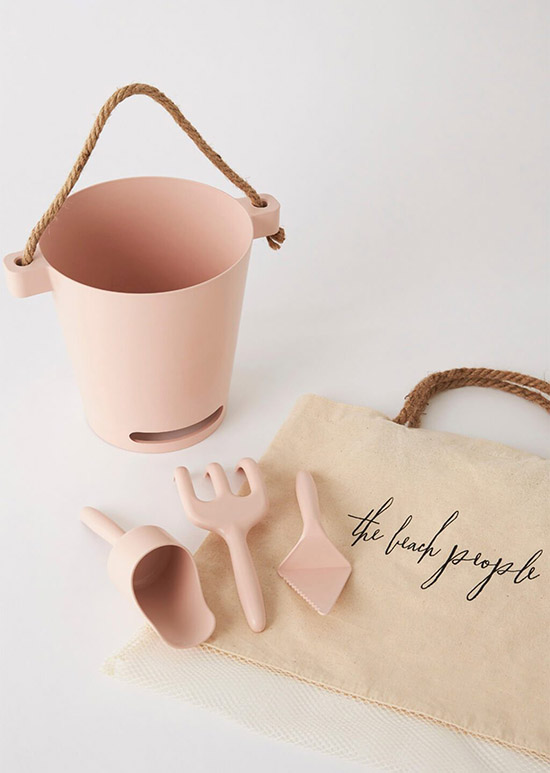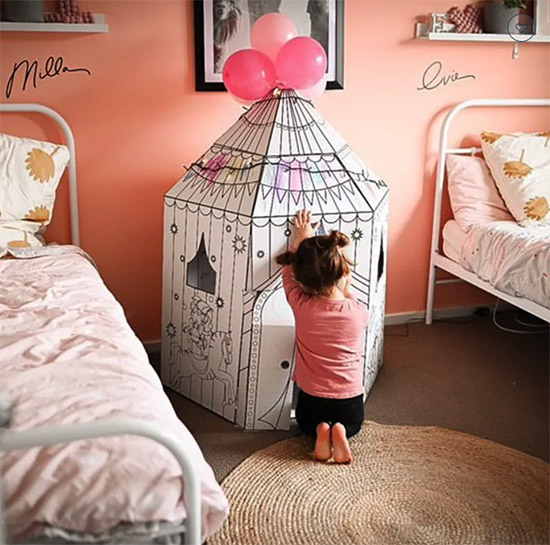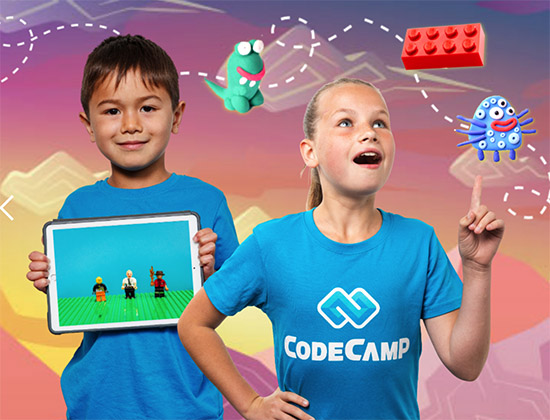Is there a better way to help preschoolers quickly pass the time than with preschoolers educational games? Out there, you'd find lots of them — exciting for kids and, not to mention, good for their mind, body, and life in general; ranging from the best educational games for kids to educational games for teens. However, keep in mind, kids these days have time to play, and this comes after several hours of study, doing homework, and other miscellaneous day-to-day activities.
Types of Preschoolers Educational Games and Their Benefits
Well, what if we check out the various types of preschooler educational games?
1. Toys and Other Inanimate Objects

You often come across preschoolers playing with toys, and this happens to be the most common preschooler educational game option for most children. There's an interplay of both sensory and motor functions to explore the toy's properties. For instance, a toddler would bang a toy hard against the floor, to check if it’s solid. While at this, they might develop abstract thinking, which can be expressed through some of their creative actions. For instance, using a pen as a telephone, that goes along with sharing and taking while appreciating the same.
Toys help preschoolers improve their motor skills. At some point, while playing, a child may have to place the toys in a certain way or specific order. This process encourages the use of hands, which aims to master their motor functions.
2. Outdoor Educational Games

Preschoolers are often receptive when it comes to outdoor educational games, and this can be explained through their quick response towards a call to outdoor play. Outdoor educational games for girls give them a chance to use all their senses effectively. The drive for these is towards strengthening their spatial awareness and proprioceptive abilities. The American Pediatric Association (APA) recommends outdoor educational games to help curb issues associated with attention deficits like seen in children with Attention Deficit Hyperactivity Disorder (ADHD). They also are beneficial in boosting the child’s attention span.
Research conducted in various schools in relation to preschoolers’ educational games suggests that toddlers in institutions that have more time for outdoor educational insights games show better performance as the preschoolers grow older. However, you’d be disappointed that most schools these days designate a lesser time for recess, with some no longer having time for it at all.
3. Pretending Educational Games

We know what you’re thinking, why would you teach your preschooler how to pretend at that tender age instead of simply playing with the best toys for 4 year old boys. On the contrary, such activities give the child a chance to try out various social roles, and, in the process, understand and learn cooperation. Games like dress up and imaginary play promote creativity and boost the child's negotiation and verbal skills — something every parent would die for.
Educational games for teens can as well improve verbal skills through the interactions. Effective communication requires the preschoolers to cooperate with each other, and that’s an opportunity to better their language and communication skills – essential educational abilities to possess. Educational board games for kids help with anxiety as preschoolers are trained to be more relaxed and calm while playing.
4. Physical Educational Games

This is essential for motor skills development; they’re good for your preschooler’s health to help prevent conditions like obesity and breed emotional intelligence. Childhood obesity is a health hazard than often causes many complications, like difficulty in breathing, and also affects the sleeping patterns. The American Pediatric Association (APA) recommends physical preschoolers educational games as a major contributor towards improving your preschooler's health and emotional stability.
The playground experience comes with a myriad of benefits you don’t wish your preschooler to miss out on. For instance, participating in sliding activities helps your preschooler build self-confidence as they engage themselves in environments relatively safe for play. Another physical activity like the duck-duck-goose helps boost their educational and emotional abilities. These preschoolers educational games should be implemented in all the institutions where children need to apply and develop mature human defense mechanisms like empathy.
Of note, some of these activities ranging from educational PC games to educational board games for kids, help preschoolers appreciate important lessons like winning and losing. When all is said and done, a kid needs to understand that not all times there’s a win and master how to accept defeat gracefully. Depriving your child from such educational experiences will make them fail to learn how to process emotions that come with a loss or win. This is a great chance for your child’s emotional and educational growth. If, as a parent, you have a challenge on this, it would be best to reach out to your pediatrician to help and guide you towards any future expectations.
Conclusion
That's it for preschoolers' educational games! The ball is now on your court; it's about time you do something great for a little one and engage them in the best educational games for kids for their own good. Start today, and thank us later!
What else could you still wish to know about preschoolers' educational games? Share with us in the comment section below!
ABOUT OUR CONTRIBUTOR:
Rachel Burns is an experienced copywriter and photographer with a design diploma. She works with startups, entrepreneurs, bloggers and companies from around the world. In addition to writing articles and promotional materials, she enjoys hiking, reading, cooking and spending time with her family.
